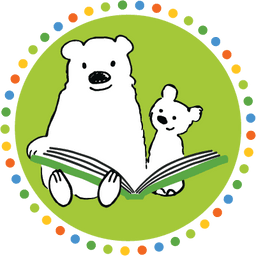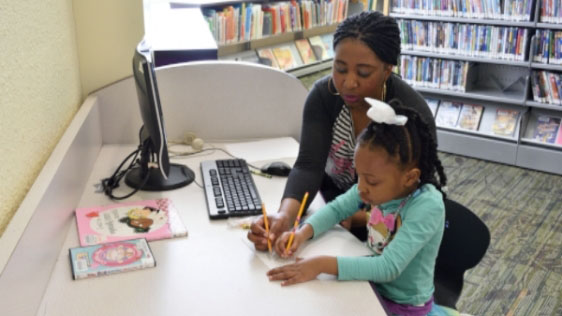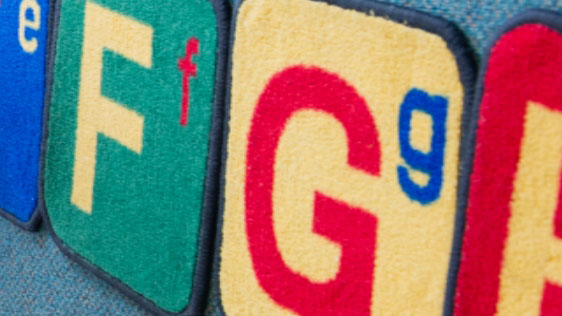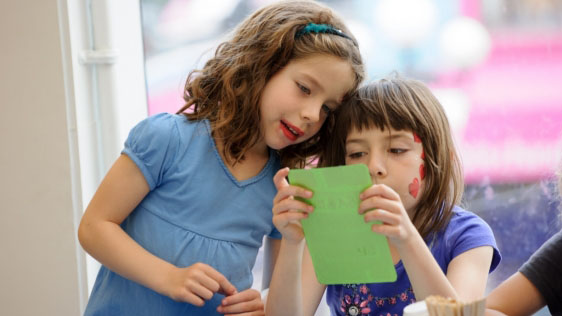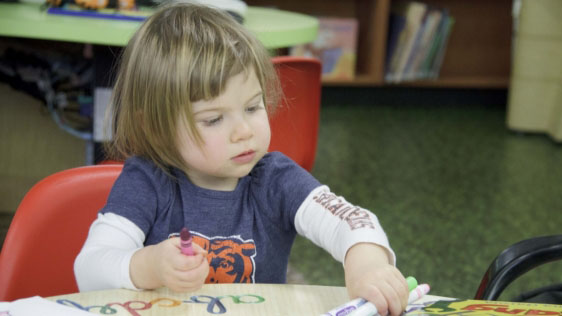
writing
Writing helps children learn that letters and words represent sounds and have meaning.
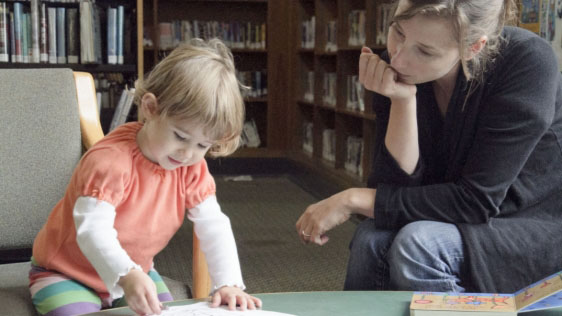
Craft: Me Collage
Related to: Knowing Letters, Write
Help your child look for the letters of her name...
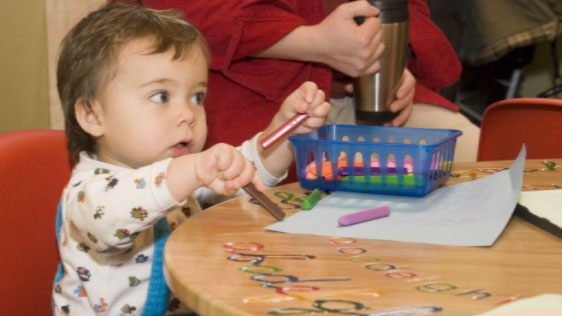
Write: The Colour of the Week
Related to: Telling a Story, Write
Once a week choose a colour to highlight...
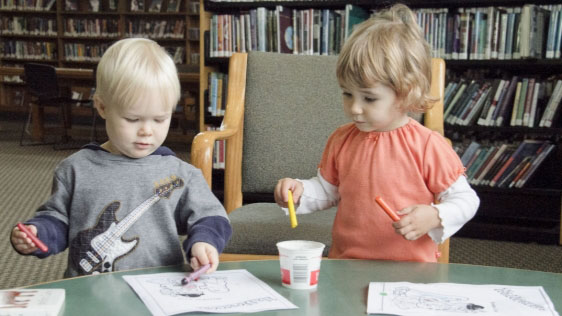
Write: Rainbow Name
Related to: Knowing Letters, Write
Print your child’s name on a piece of white paper...
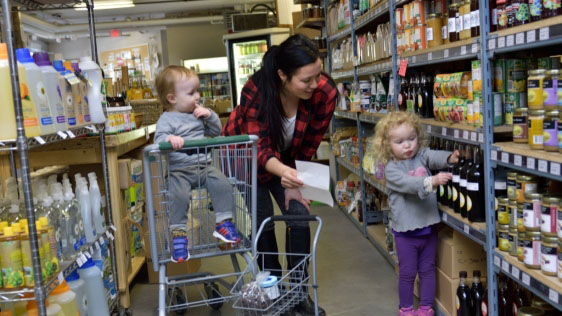
Write: Shopping List
Related to: Seeing Words, Write
Show your child how you write your shopping list...
 writing Tips
writing Tips
- A shopping list is one way to show your child that printed words represent real things. Show your child how you write your shopping list (and let them “write” one too). At the store, read the list with your child and find the items together. You can use pictures from flyers to create lists as well.
- Encourage scribbling, writing and drawing in daily activities. Give your child opportunities to practice “writing” their name or let them “write” notes or lists.
- The same letter can look different between upper and lower case. Show and teach your child that there is a big R and a little r; a big G and a little g. With any book, not just an alphabet book, you can point out specific letters and talk about them.
Six skills that get your child ready for reading
Liking Books
Children who enjoy books will want to learn to read.
Hearing words
Hearing the smaller sounds in words helps children sound out written words.
Knowing words
Knowing many words helps children recognize written words and understand what they read.
Telling a story
Learning to tell a story helps children develop skills in thinking and understanding.
Seeing words
Familiarity with printed language helps children feel comfortable with books and reading.
Knowing letters
Knowing the names and sounds of letters helps children sound out words.
Dial-a-Story
Call 416-395-5400 anytime and listen to stories in 16 different languages.
Raising Confident Kids
A series of workshops for parents and caregivers.
Storytime at Home
Fun virtual storytimes filled with great books, rhymes and songs. Watch anytime on YouTube and sing along!
